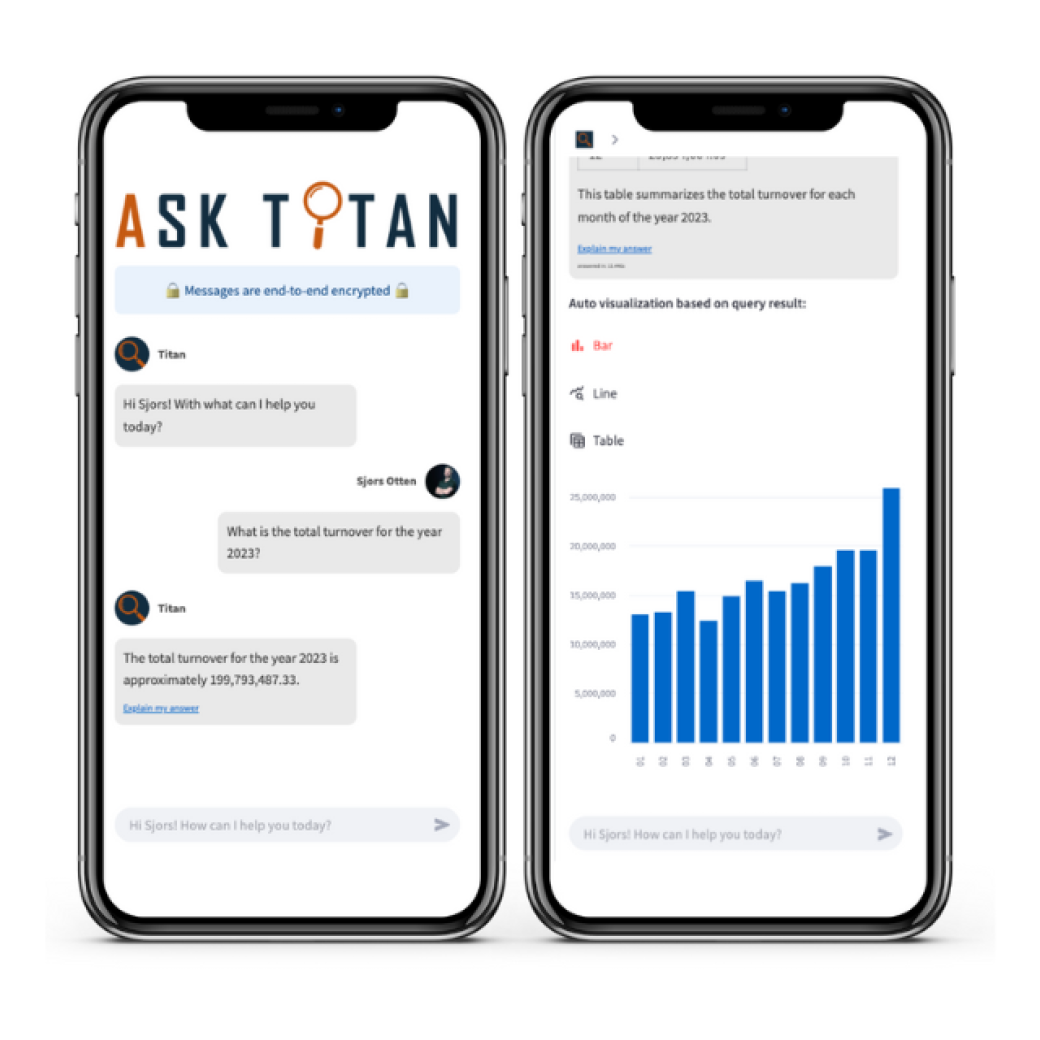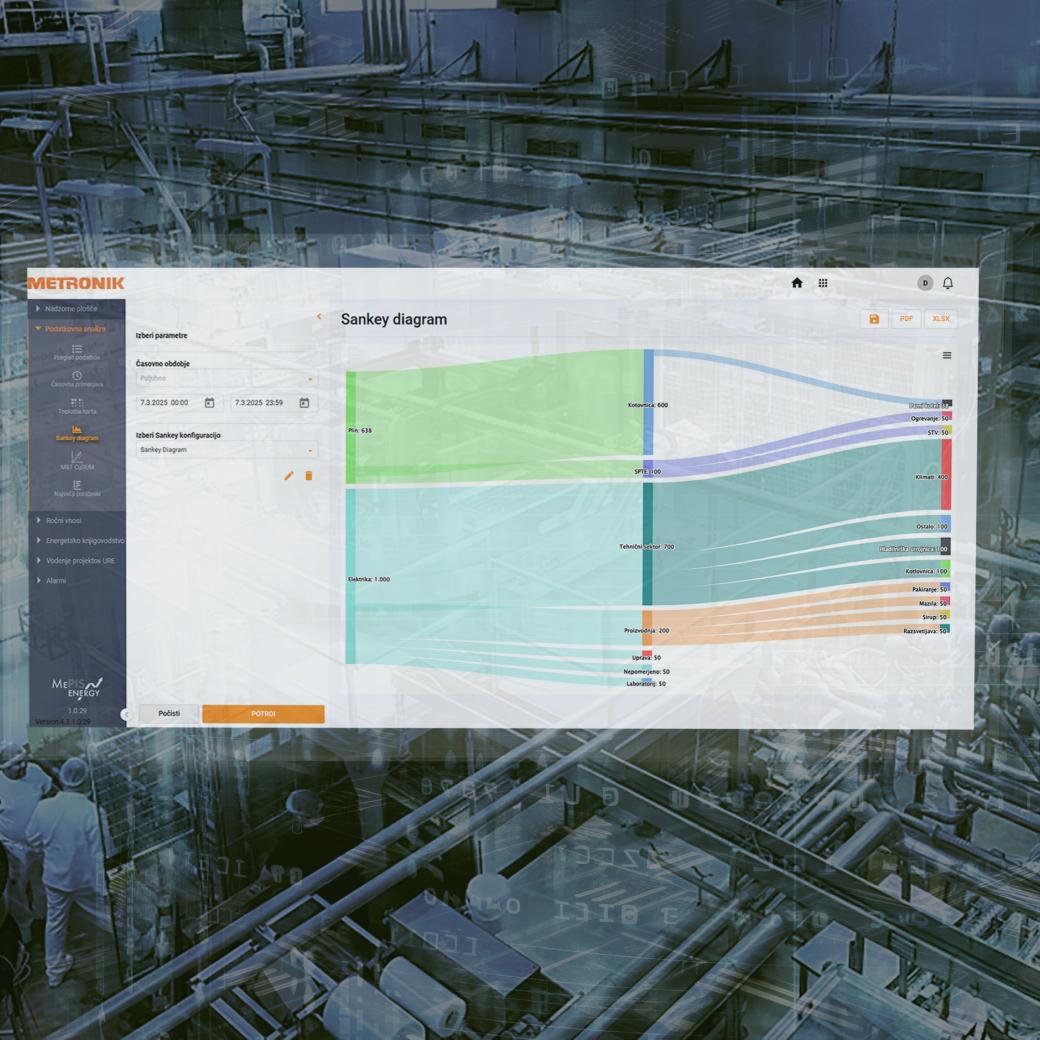Artificial intelligence (AI) is transforming the way we live, work, and do business. What was once the realm of research labs and big tech companies is now entering every sector of the economy—from manufacturing and logistics to healthcare, retail, and even agriculture.
To help businesses make sense of this rapid change, the new Guide to the Deployment of Artificial Intelligence in Business has been published with the support of the HIGHFIVE consortium. The guide offers managers, entrepreneurs, and decision-makers a practical roadmap to prepare their companies for an AI-driven future.
Why AI is a strategic imperative
Just as the internet revolutionised business models a generation ago, AI is now emerging as the next major driver of competitiveness. Companies that fail to adapt may soon find themselves at a disadvantage—just as those who underestimated e-commerce two decades ago struggled to survive
AI is not just about efficiency. In the food processing industry, it can become a strategic enabler across the entire value chain:
- Automation – streamlining repetitive tasks such as sorting, grading, and quality checks, or handling documentation like invoices and supply chain records.
- Augmentation – supporting staff with better insights, for example by predicting raw material demand, identifying equipment maintenance needs, or flagging food safety risks earlier.
- Innovation – driving new products and services, such as personalised nutrition offers, smarter recipe development, or more sustainable packaging solutions.
Concrete examples:
- On the production line, AI-powered vision systems can detect defects or contamination in real time, ensuring consistent quality and safety.
- In supply chains, AI-based forecasting and routing helps reduce food waste, optimise delivery times, and cut energy use.
- In product development, generative AI can support R&D teams by analysing consumer trends and suggesting innovative formulations tailored to market demand.











